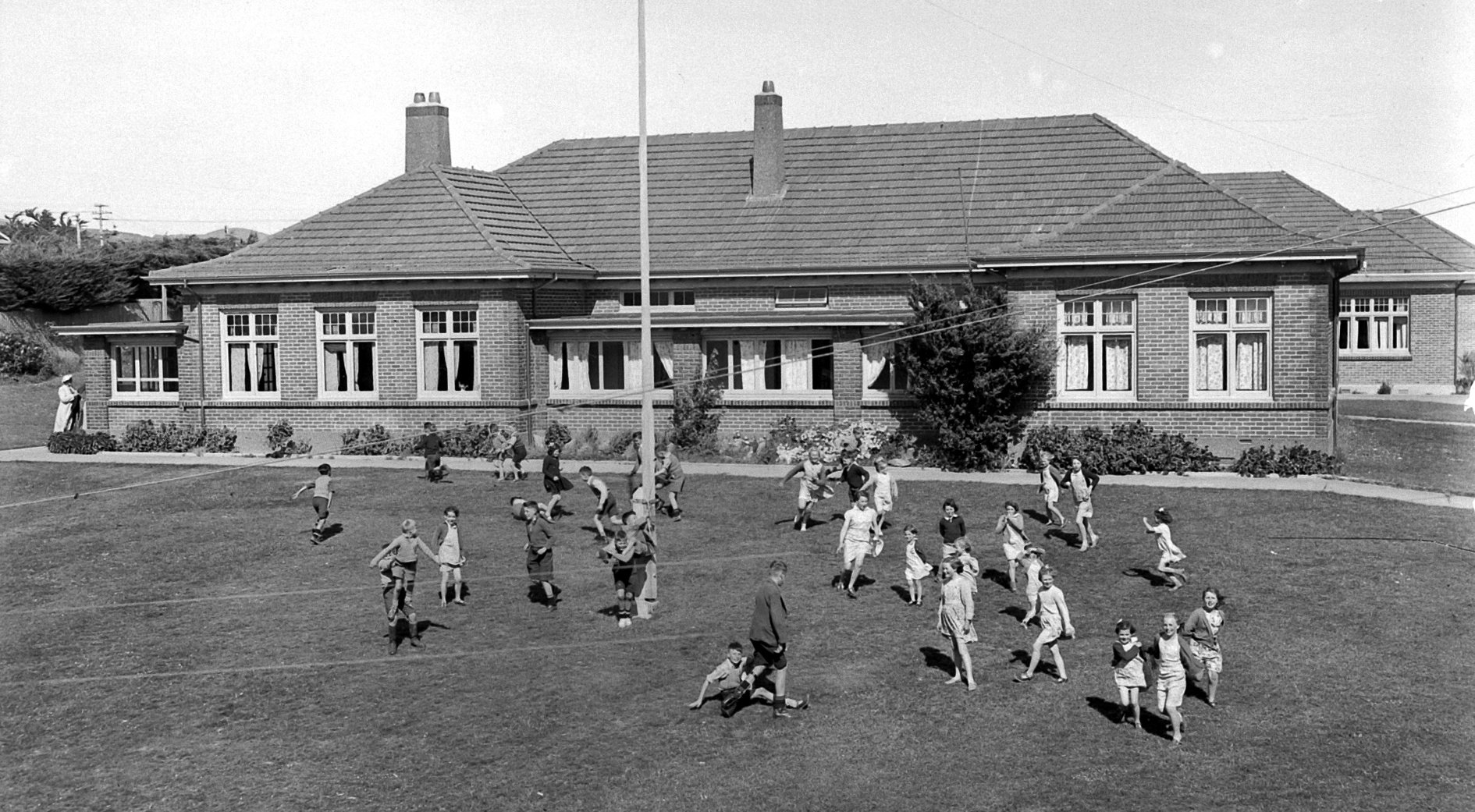
Details about historical abuse suffered by children in the care of Presbyterian Support Otago (PSO), and their subsequent struggles to get redress, were outlined when PSO chief executive Jo O’Neill gave evidence at a Royal Commission of Inquiry into Abuse in Care hearing yesterday.
The commission also heard how records about children previously housed in PSO care were deliberately destroyed in 2017 and 2018.
The organisation ran two care facilities, Glendining Presbyterian Children’s Homes in Dunedin’s Andersons Bay, and Marama Home in Lawrence.
It has received six complaints about abuse, all at Glendining. Three related to 1950 to 1960, and three between the late 1980s and 1991, when the facility closed.
The complaints were made between 2004 and 2019.
Ms O’Neill, who joined the organisation in September 2019, apologised to all of those who had been harmed in PSO’s care.
A summary of evidence provided by Cooper Legal detailed the physical and sexual abuse of one survivor, given the pseudonym PN, while at Glendining from age 5 to about 13 or 14.
That allegedly included being passed around a ring of paedophiles comprised of Presbyterian Church parish members, being beaten with objects and once being tied to a flagpole while naked as punishment for grieving her father’s death.
Ms O’Neill also recalled reading mentions of a paedophile ring situation relating to a case raised in 2020.
Commissioner Paul Gibson asked if, in the intervening two years, PSO and the Presbyterian Church had jointly investigated what had happened to children in their care.
They had not, Ms O’Neill said.
The key reason for that was because they were two separate entities, but she believed everybody needed to be at the table.
The evidence of another survivor, given the pseudonym PJ, was also discussed.
Through Cooper Legal, PJ contacted PSO asking for compensation and an apology for the physical and sexual abuse he allegedly suffered at the hands of a female Glendining staff member at the age of 12.
The response from PSO’s lawyers was a refusal, and an emphasis on how difficult the claim would be to prove in court. It did offer to meet with him.
There was a later positive meeting in 2021, and an offer of settlement.
Much of yesterday’s questioning focused on the destruction of records.
The commission heard a "senior decision-maker" undertook a review in 2017 of records held about children who lived in its residential homes.
That person made a decision for the records to be destroyed, apart from a register of names and dates.
Ms O’Neill investigated that decision, and her notes were presented to the commission.
In them she outlined how the senior decision-maker said an adviser had indicated having the records was too much of a risk to PSO.
In 2017 PSO received a letter from Cooper Legal regarding an abuse claim, and there had been a suggestion the decision was made in response to that.
Her notes also reflected comments by a staff member who said there had been some "sanitising" of notes to remove things like washing a child’s mouth out with soap and water and locking them in rooms.
Ms O’Neill believed there was an "individual who was misguided in their decision-making process", and she would not have made the same call.
"I do believe it is an extremely sad situation when an individual is unable to access information about their life’s journey, because it is their life. And as an organisation responsible for a part of the caring for them, I would personally find it extremely important that they could access information."
Commissioner Andrew Erueti questioned whether the decision to destroy the records could also have been influenced by discussions at the time about the formation of the royal commission of inquiry.
Ms O’Neill replied that she would only be speculating, but believed PSO would have been aware there were plans for a commission.
She accepted that going to church would have exposed the children to potential abusers, and also that it was likely many more survivors may not have come forward.
There had been lessons learned by PSO, including training, support and supervision for staff, and structures and protections put in place, she said.










